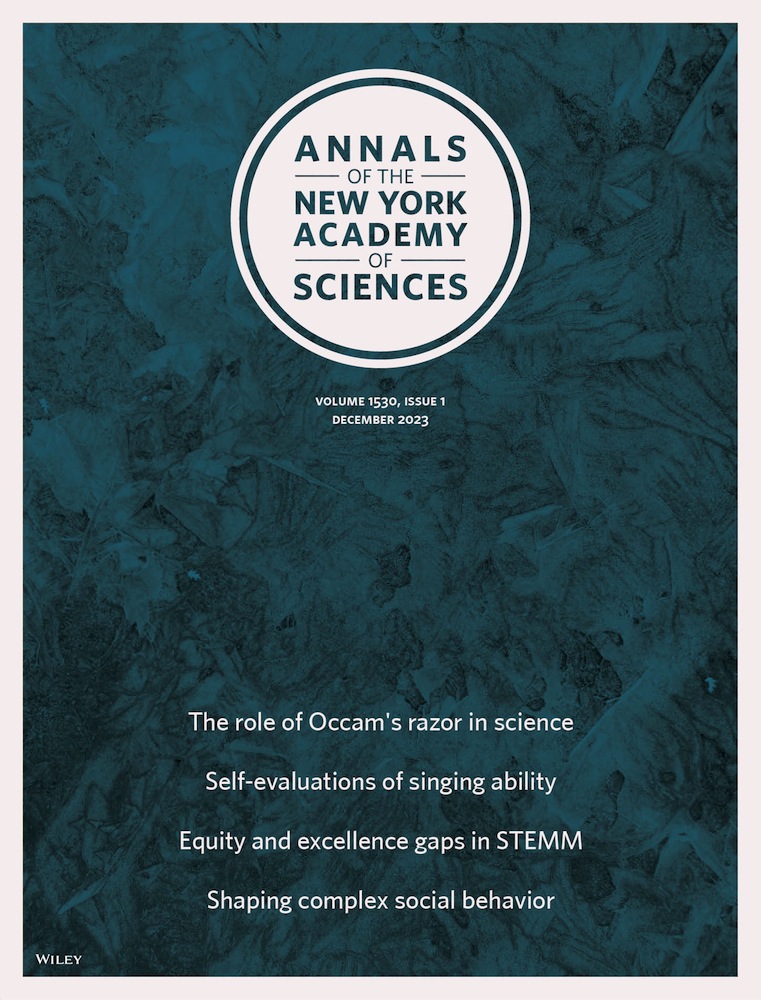恶的判断与惩罚判断的关系。
IF 4.8
3区 综合性期刊
Q1 MULTIDISCIPLINARY SCIENCES
引用次数: 0
摘要
判断一个特定的行为(或其肇事者)是邪恶的后果是什么?因为邪恶的行为代表了不道德的最坏形式,而且在某些观念中,邪恶的人是不可救药的,所以对邪恶的判断预示着严厉的惩罚是理所当然的。然而,令人惊讶的是,人们对恶的判断与惩罚的判断究竟是如何联系起来的知之甚少。我们的理论是,对邪恶的判断应该比可比较的、被广泛研究的错误、指责和道德品质的衡量标准更有独特的预测价值。在一项预先登记的研究中,参与者(N = 238)对一系列错误(如盗窃、殴打、过失杀人、谋杀)做出道德判断和惩罚建议。结果显示了三个主要发现。首先,对邪恶的判断独特地预测了惩罚建议,而不是相关的道德判断(例如,错误,责备,道德品质)。第二,对邪恶的判断独特地预测了死刑的支持和对罪犯潜在康复的判断,而其他道德判断并不总是如此。最后,赞成死刑和改造判决与人的判断的关联大于与行为的判断的关联,而更一般的刑罚判决则没有这种差异。这些发现阐明了邪恶判断与惩罚判断的预测能力。本文章由计算机程序翻译,如有差异,请以英文原文为准。
The Relationship Between Judgments of Evil and Punishment Judgments.
What consequences result from judging a given act (or its perpetrator) as evil? Because evil actions represent the worst possible forms of immorality, and that on some conceptions evil people are irredeemable, it stands to reason that judgments of evil would predict severe punishments. However, surprisingly little is known about precisely how judgments of evil relate to judgments of punishment. We theorized that judgments of evilness should add unique predictive value beyond comparable, and more widely studied, measures of wrongness, blame, and moral character. In a preregistered study, participants (N = 238) made moral judgments and punishment recommendations in response to a comprehensive range of wrongs (e.g., theft, battery, manslaughter, murder). Results revealed three general findings. First, judgments of evil uniquely predicted punishment recommendations beyond related moral judgments (e.g., wrongness, blame, moral character). Second, judgments of evil uniquely predicted death penalty endorsement and judgments of an offender's potential rehabilitation, whereas other moral judgments did not always do so. Finally, death penalty endorsement and rehabilitation judgments were better associated with person judgments than with act judgments, whereas more general punishment judgments showed no such divergence. These findings illuminate the predictive power of judgments of evil with regard to punishment judgments.
求助全文
通过发布文献求助,成功后即可免费获取论文全文。
去求助
来源期刊

Annals of the New York Academy of Sciences
综合性期刊-综合性期刊
CiteScore
11.00
自引率
1.90%
发文量
193
审稿时长
2-4 weeks
期刊介绍:
Published on behalf of the New York Academy of Sciences, Annals of the New York Academy of Sciences provides multidisciplinary perspectives on research of current scientific interest with far-reaching implications for the wider scientific community and society at large. Each special issue assembles the best thinking of key contributors to a field of investigation at a time when emerging developments offer the promise of new insight. Individually themed, Annals special issues stimulate new ways to think about science by providing a neutral forum for discourse—within and across many institutions and fields.
 求助内容:
求助内容: 应助结果提醒方式:
应助结果提醒方式:


